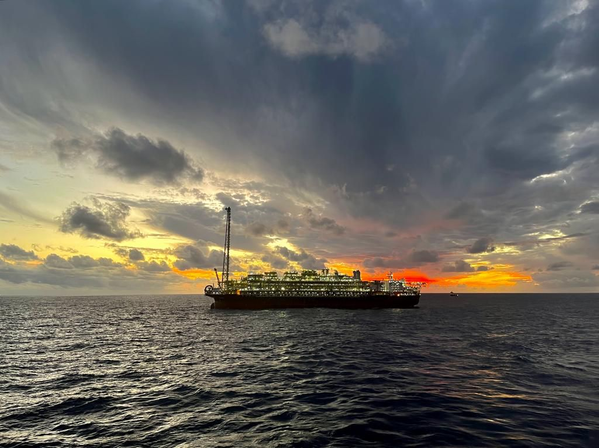
Brazil's state-run oil company, Petrobras, will keep total investments in its upcoming 2024-2028 business plan similar to the $78 billion foreseen in its latest five-year plan, CEO Jean Paul Prates told Reuters on Monday.
Petrobras is preparing to preview updates to its business plan next month, he said, including a greater focus on renewable energy sources, ahead of the final announcement of its next five-year plan at the end of the year.
In an interview from Petrobras offices in Rio de Janeiro, Prates said the value of investments in the new plan "shouldn't differ much because from one year to the next you can't make many moves."
Still, he said investors should not get used to blockbuster dividends as they enjoyed last year, as the company's dividend policy will be "adjusted" to the reality of a company investing in the future.
Prates said even as the new business plan will highlight plans at Petrobras for an energy transition, the company is still focusing on its strengths in offshore oil exploration, especially in the vaunted "pre-salt" fields off Brazil's coast.
"Of course we will have an important investment plan with pre-salt being very important. This is a pre-salt, offshore oil company, but it will gradually transform itself," he said.
Prates also reiterated a commitment to exploring near the mouth of the Amazon River, an area off Brazil's northern coast that Petrobras considers a key frontier for oil and gas exploration. In May, environmental regulator Ibama denied a request from Petrobras to drill in the region.
"We consider that we will have the license sooner or later," Prates said, adding that the company will comply with any permitting requirements and deadlines set by Ibama.
Petrobras has already appealed Ibama's rejection, but there is no deadline for a final decision.
"We are not going to give up on a new frontier unless we receive a definite 'no'."
In parallel, Petrobras could expand its exploration abroad into neighboring Guyana and Suriname in the Equatorial Margin, following Brazil's northern coastline, Prates said. Another option, he said, would be to explore parts of the West African coast with geological similarities to Brazil's offshore fields.
"We cannot be disconnected from being an international company," he said.
Prates also said Brazil was eager to step up engagement with the Organization of Petroleum Exporting Countries (OPEC), after he met recently with the OPEC Secretary-General Haitham Al Ghais at an event in Vienna.
The Petrobras CEO said Brazil would like to be more involved with the group's discussions about technology and petroleum markets. However, he emphasized that the country had no interest in becoming an OPEC member or taking part in production quotas.
(Reporting by Marta Nogueira and Rodrigo Viga Gaier in Rio de Janeiro Writing by Peter Frontini Editing by Brad Haynes and Matthew Lewis)